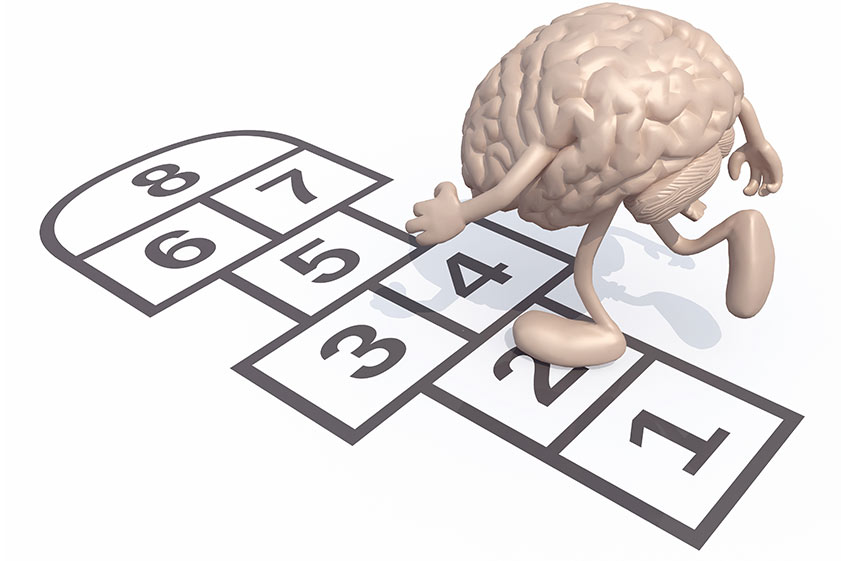Any activity that will stimulate the brain of your loved ones will probably be beneficial to them. Stimulating their brains through games is a great way to keep conditions such as dementia at bay. It is also an easy way to keep them entertained and stave off the effects of stress and boredom. Brain games are typically a good choice for this because they do not require many resources and can be done in many different settings. In fact, a great way to do this is to combine it with other activities. For example, an outing or picnic can also feature some of the brain games that we will suggest here for maximum effect.
Crossword Puzzles
These games involve filling a grid with specific words by solving clues that are given alongside the grid. Crossword puzzles are particularly effective as they can be done as a group or individually. The clues are rarely straightforward and therefore some discussion and brainstorming are required to get the puzzle right. Crossword puzzles help to improve cognitive functions and this can have the effect of slowing down memory loss problems. The other advantage of crossword puzzles is that they are widely available in newspapers and other publications.
Board Games
Board games such as chess or monopoly are also a fantastic way to keep your loved one’s brain stimulated and active. Chess for example encourages strategic, long-term thinking as a player has to think ahead of his or her opponent in order to win. Most board games require two or more players and thus are great for helping your loved one socialize. Being in the company of others helps to reduce stress and ward off mental conditions such as depression. With most board games, there are online versions where one plays against the computer. This means that even when your loved one is alone, they can still get to enjoy an invigorating game.
Jigsaw Puzzle
Another popular brain game is the jigsaw puzzle. This involves arranging pieces of the game in such a way that they form a composite picture. The pieces are never in one shape and the challenge of the game is to fit the pieces perfectly. The complexity of the game can be increased by finding puzzles that have more and more pieces. Like crossword puzzles, there is no limit to how many people can play jigsaw puzzles and this communal element of the game makes it fun and engaging for groups.
Narration
If your loved one is unable to attend a book club, there is an easy way to get around this problem. The narration game involves getting your loved one to read a short story and then they are supposed to narrate the story to a group. As part of the narration process, they are allowed to use all kinds of storytelling techniques including dramatization, voice variation, and even props should they so wish. The game is a great party activity and immensely entertaining. Apart from this, the narration game helps your loved one to sharpen their ability to recall facts, a valuable skill that can help with memory loss problems. The use of storytelling techniques also involves creativity which also helps in slowing down the effects of memory loss.







